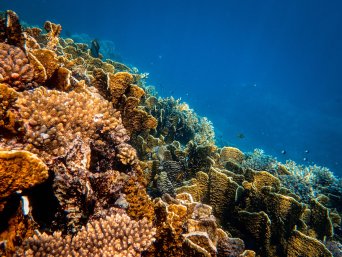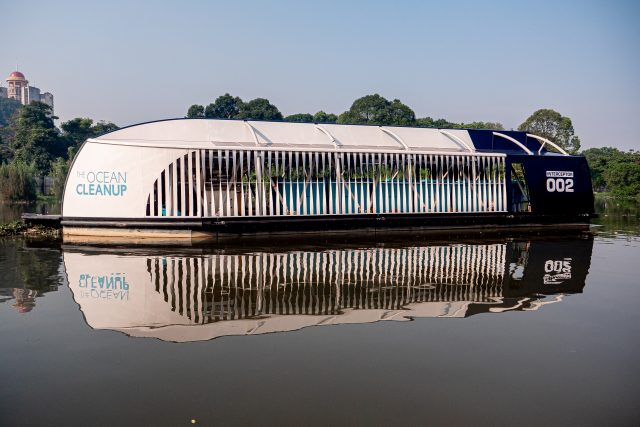- About
- Topics
- Picks
- Audio
- Story
- In-Depth
- Opinion
- News
- Donate
- Signup for our newsletterOur Editors' Best Picks.Send
Read, Debate: Engage.
| topic: | Ocean Pollution |
|---|---|
| located: | Chile |
| editor: | Ellen Nemitz |
Environmentalists in Chile are celebrating a decision taken by a committee presided over by Maisa Rojas, Minister of the Environment: the rejection of the billionaire project Dominga, which aimed to explore copper and iron mining in the region of Coquimbo, about 280 miles from capital city Santiago, after twelve appeals were presented by people and organisations.
The project has been under evaluation since 2013 and was even involved in the Pandora Papers scandal. The committee concluded that the owners of the project had not been able to completely study the potential of deeply affecting the delicate ecosystems of the National Humboldt Penguin Reserve and Choros and Damas Islands Marine Reserve.
Among the species which could be affected, reads the official note from the government, are some that are considered endangered or vulnerable, such as blue, finback, humpback and sperm whales, the bottlenose dolphin, the Humboldt penguin, as well as a marine otter called chungungo and some seabirds. The collective decision, in which the ministries of Economy, Health, Agriculture, Energy and Mining took part, also highlighted insufficient data to assess the impacts on water and air qualities.
The organisation Oceana Chile, which focuses on the protection of the oceans, emphasises that the decision was also celebrated by scientists. In a note shared by Ladera Sur, a group of researchers working on the Humboldt Archipelago for years underlines that this is not the end of the fight since other projects may come back in the future, the reason why the area hosting a remarkable number of sea mammals species should be fully protected.
"Anthropic threats such as collisions with boats, light pollution, noise from larger vessels and oil spills can cause irreversible damage to these unique populations in the world, since they are highly sensitive and vulnerable species," they say. According to the scientists, it is necessary to create a Bi-regional Multiple Use Protected Marine Area that “allows the development of low-impact activities, such as artisanal fishing and tourism, but explicitly prevents high-impact activities, such as the installation of mega ports."
Chile is currently one of the largest copper producers in the world - although the estimated growth will be lower than previously thought. Mining, in general, is a highly explored activity in the country that threatens priceless environmental areas, from Patagonia, in the south, to the Atacama Desert in the north. Rethinking the whole economic structure is crucial for the environment - and human beings - to be safe once and for all.
Quoting the words of the NGO FIMA, this is a "first step towards a marine protected area free of high-impact industries." The fight for the environment is not even close to being over, however. The Dominga project may arise once again through judicial trials, but also other challenges remain. Even though Gabriel Boric had called his administration an ecological one, the NGO Terram alerts to some important mistakes and insufficient efforts.
"From the beginning we knew that the path would not be easy," reads the 2022 report released by the organisation. "What we didn't expect was that both the president and a good part of the government officials with environmental competences would have no clarity about the importance of nature protection to human well-being."
Photo by Francesco Ungaro

